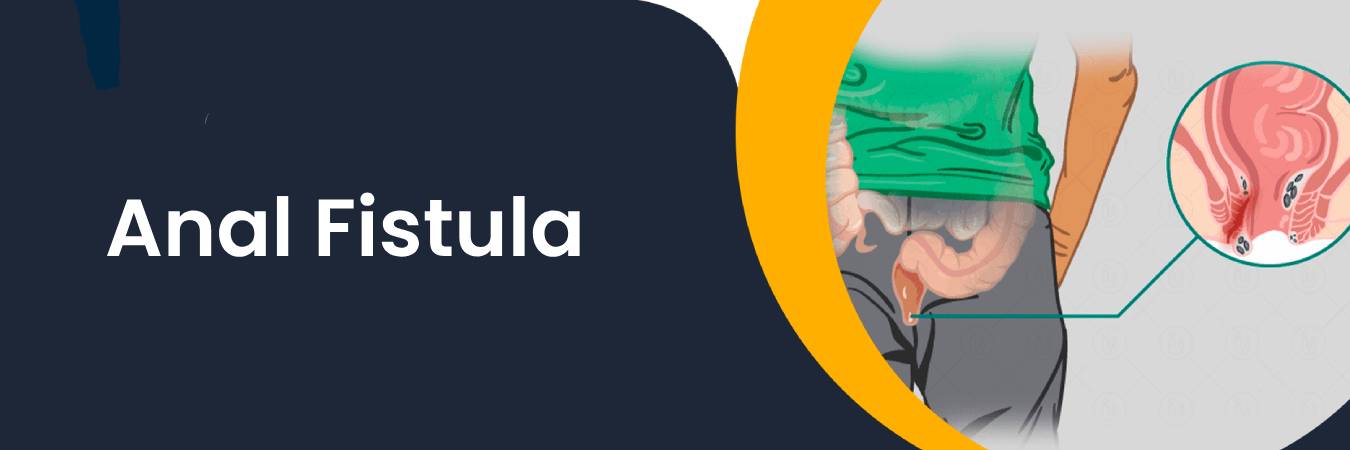Types of anal fistula:
- Intersphincteric fistula
- Transsphincteric fistula
- Suprasphincteric fistula
- Extrasphincteric fistula
Treatment Approach:
Diagnosis:
When seeking medical attention for an anal fistula, your doctor will take your medical history and conduct a comprehensive physical examination. While some fistulas may be easily identified, others may require more detailed scrutiny. The doctor may use manual examination to assess fluids and discharge in the affected area. For an accurate diagnosis, it is advisable to consult a specialist in rectal and colon disorders. In some cases, X-rays and colonoscopies may be recommended. Colonoscopy involves the use of a camera-equipped tube to inspect the bowels, aiding in the precise diagnosis of an anal fistula.Surgical Intervention:
In cases of anal fistula-in-ano, a medical history review and physical examination by a healthcare professional are crucial. Some fistulas can be readily detected, while others may require closer evaluation. Manual probing may be used to examine fluids and discharge in the affected region. Consulting a specialist in rectal and colon disorders is prudent, as this may lead to further assessments such as X-rays and colonoscopies. Colonoscopy involves the insertion of a camera-equipped tube into the bowels, facilitating an accurate diagnosis of the anal fistula. Since fistulas typically do not heal on their own and are generally unresponsive to medication, surgical intervention becomes crucial.
The use of laser surgery for fistula treatment represents a minimally invasive approach. During this procedure, a laser probe is inserted into the fistula tract, where it effectively eliminates the fistula tissue and seals the tract. This treatment typically lasts approximately 30 to 40 minutes, and the recovery period is notably shorter compared to traditional surgical techniques.

